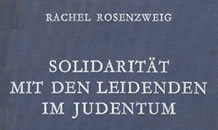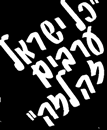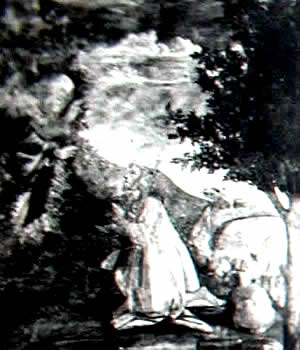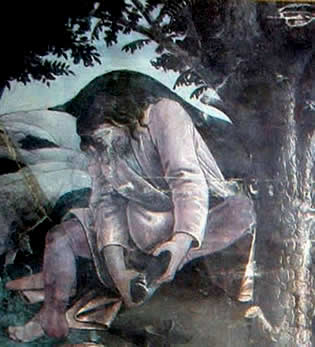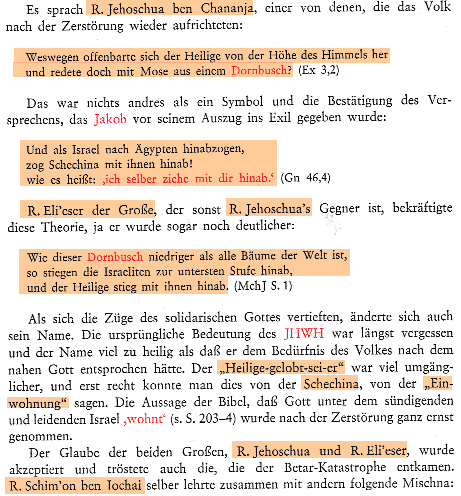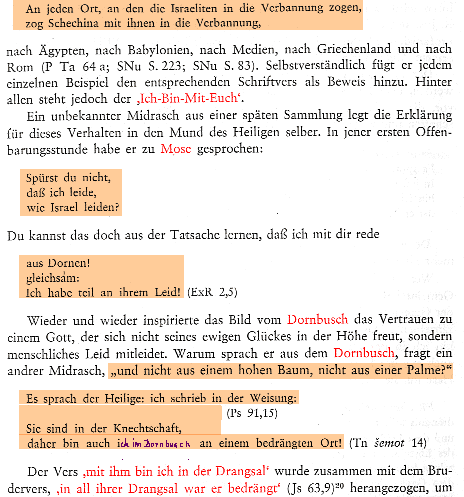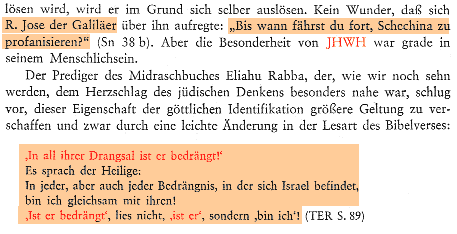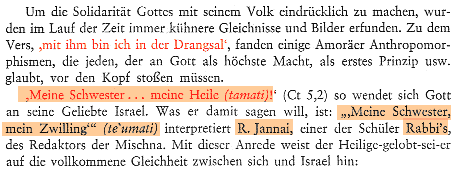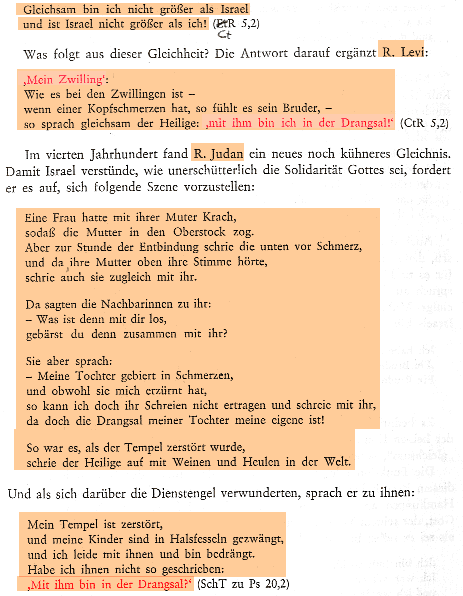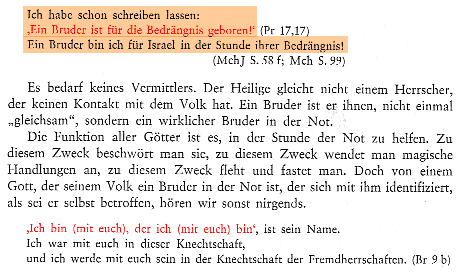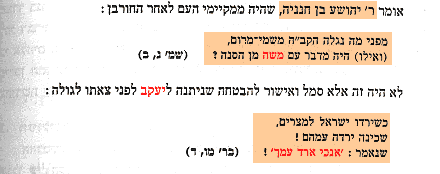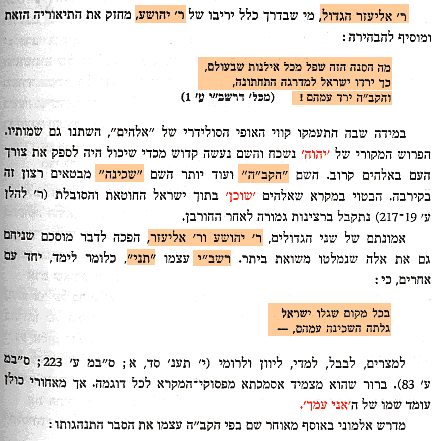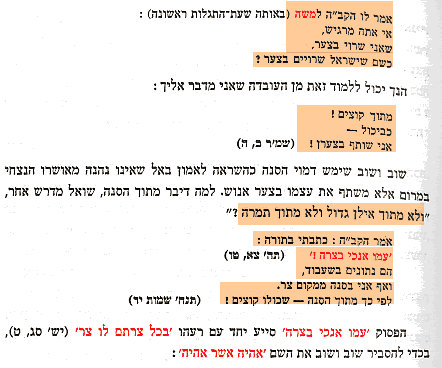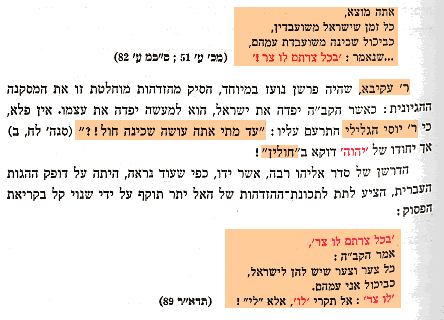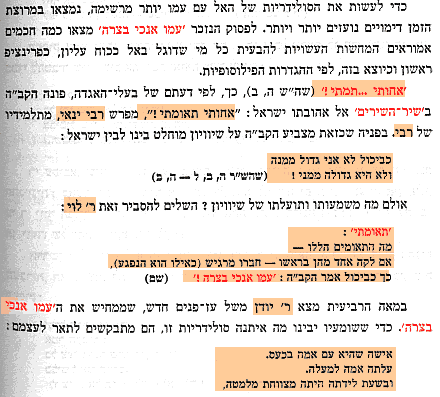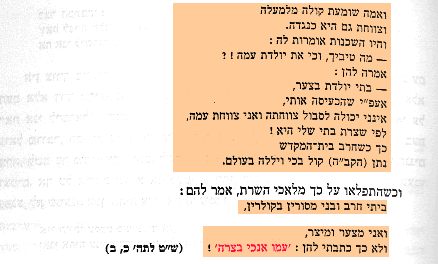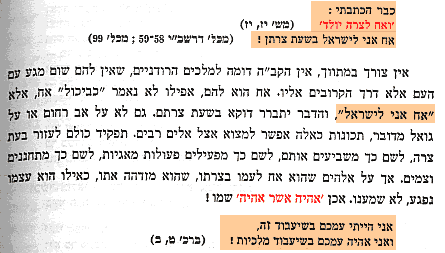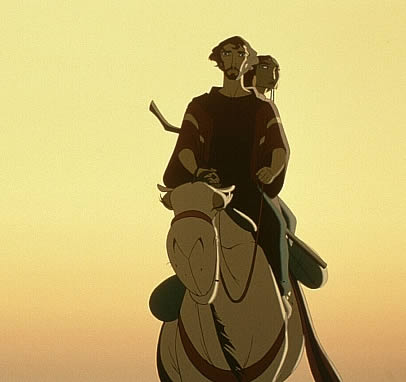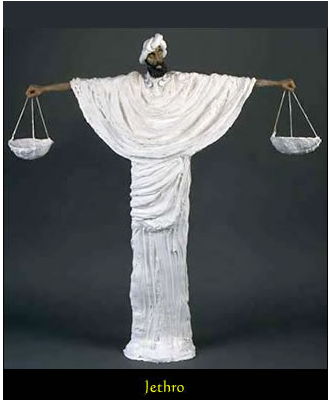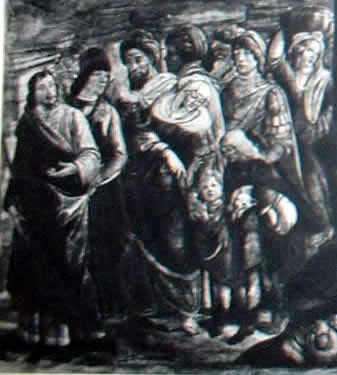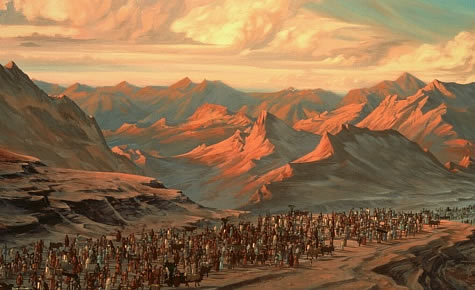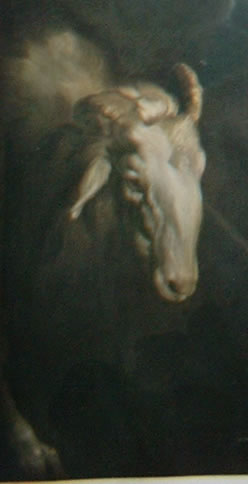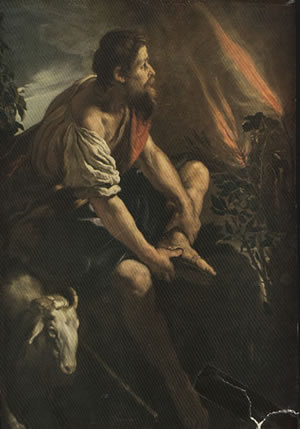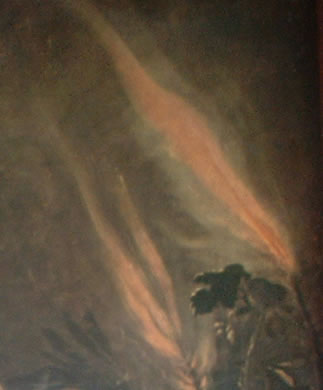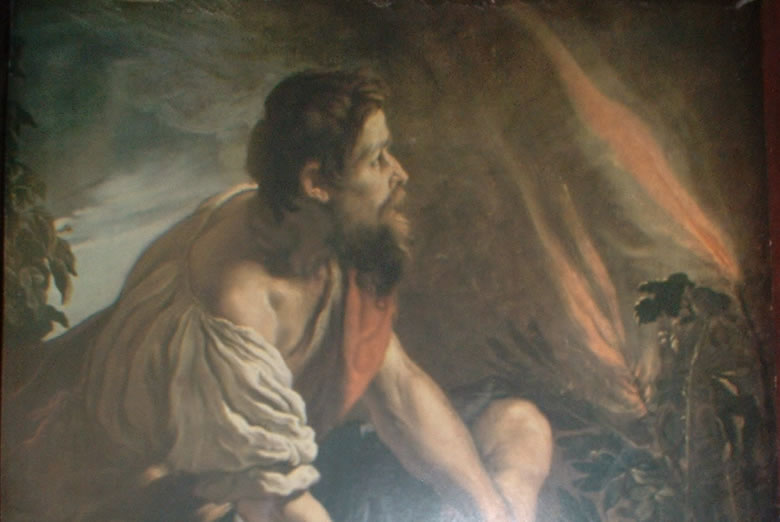|
Chapter
18 in "Exodus": The angel on the abyss
Yitro Moshe's father-in-law,
took Tzippora, Moshe's wife
- after she had been sent home-
and her two sons,
of whom the first-one's name was Gershom/Sojourner There,
or he had said: I have become a sojourner in a foreign land,
and the name of the other was Eliezer/God's-Help, for:
the God of my father is my help, he rescued me from Pharaoh's sword;
Yitro, Moshe's father-in-law, came with his sons
and his wife to Moshe,
to the wilderness, where he was encamped,
at the mountain of God.
He said to Moshe:
I, your father-in-law Yitro, am coming to you,
and your wife and her two sons with her.
Moshe went out to meet his father-in-law,
he bowed and kissed him, and each-man asked after the other's welfare;
then they came into the tent.
Moshe related to his father-in-law
all that YHWH had done to Pharaoh and to Egypt on Israel's Account
all the hardships that had befallen them on the journey,
and how YHWH had rescued them.
And Yitro was jubilant because of all the good that
YHWH had done for Israel, that he had rescued him from the land of Egypt.
Yitro said:
Blessed by YHWH,
who has rescued you from the land of Egypt
and from the hand of Pharaoh,
who has rescued the people from under the hand of Egypt!
(So) now I know:
yes, YHWH is greater than all gods-
yes, in just that matter in which they were presumptuous against them!
Yitro, Moshe's father-in-law,
took an offering-up and slaughter-animals for God,
and Aharon and all the elders of Israel came to eat bread
with Moshe's father-in-law, before the presence
of God.
|
Now
it was on the morrow:
Moshe sat to judge the people,
and the people stood before Moshe from daybreak until sunset.
When Moshe's saw all that he had to do for
the people,
he said:
What kind of matter is this that you do for the people-
why do you sit alone, while the entire people stations
itself around you
from daybreak until sunset?
Moshe said to his father-in-law:
When the people come to me to inquire of God,
- when it has some legal-matter, it comes to me -
I judge between a man and his fellow
and make known God's laws and his instructions.
Then Moshes father-in-law said to him:
Not good is this matter, as you do it!
You will become worn out, yes, worn out,
so you, so this people that are with you,
for this matter is too heavy for you,
you cannot do it alone.
So now, hearken to my voice,
I will advise you, so that God may be-there with you:
be-there, yourself, for the people in relation to God.
You yourself should have the matters come to God;
You should make clear to them the laws and the instructions,
you should make known to them the way they should go,
and the deeds that they should do;
but you - you are to have the vision
(to select) from all the people men of caliber, holding God in awe,
men of truth, hating gain,
you should set (them) over them
as chiefs of thousands, chiefs of hundreds,
chiefs of fifties, and chiefs of tens,
so that they may judge the people at all times.
So shall it be:
every great matter they shall bring before you,
but every small matter they shall judge by themselves.
Make (it) light upon you, and let them bear (it) with you.
If you do (thus in) this matter
when God commands you (further), you will be able to stand,
and also this people will come to its place in peace.
Moshe hearkened to the voice of his father-in-law,
he did it all as he had said:
....
Moshe sent his father-in-law off,
and he went home to his land. |
